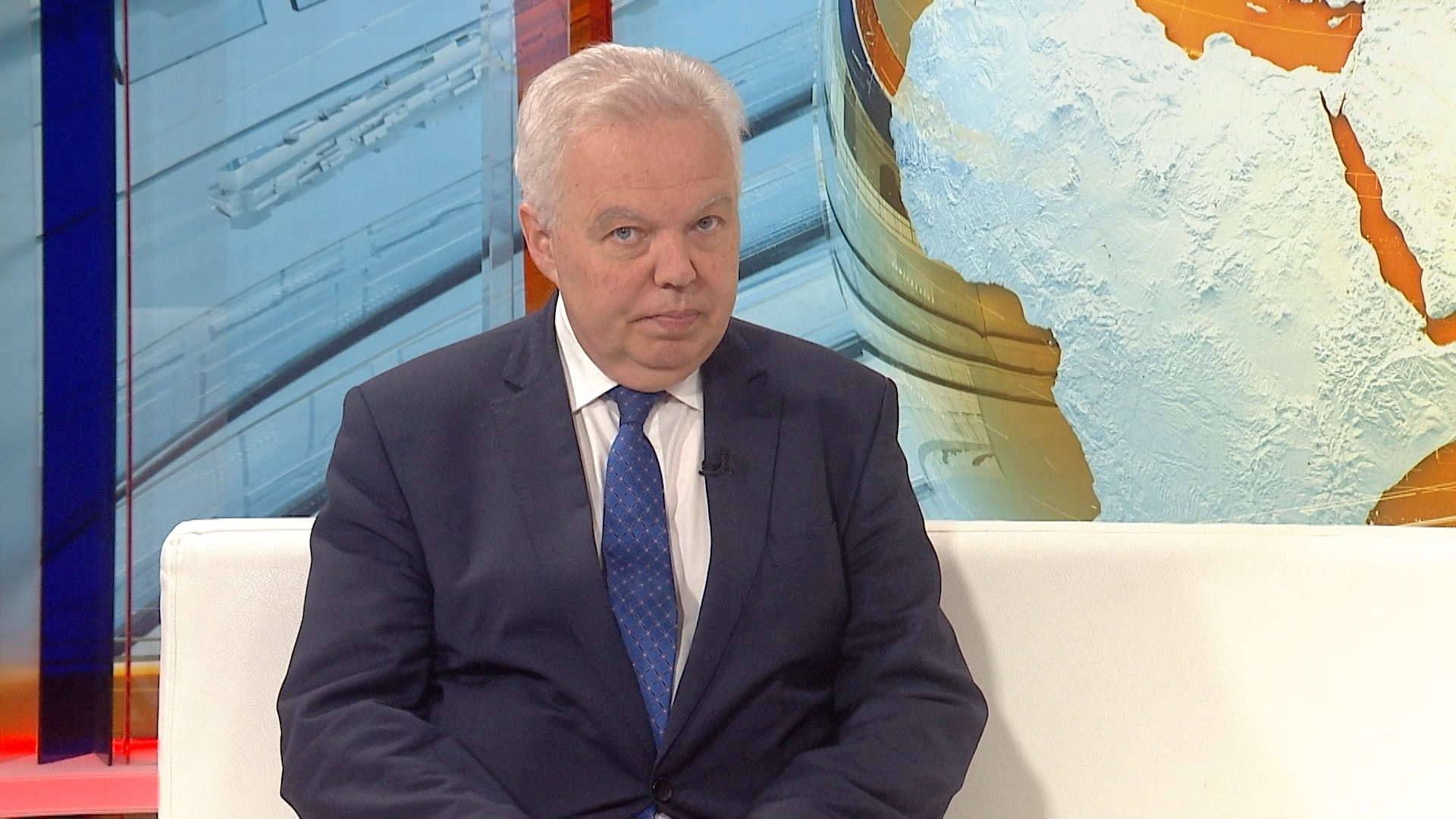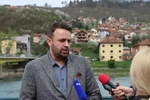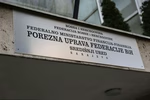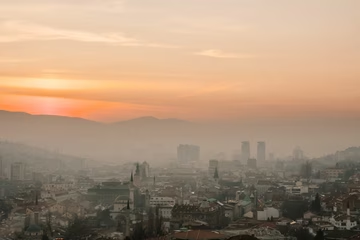
Russia’s Ambassador to Bosnia dismissed claims that his country has bad intentions in Bosnia and said the 1995 Dayton Peace Treaty is good enough for the country.
Oglas
Former NATO commander, U.S. general Wesley Clark, told the Washington Post last week that Russia is fomenting anti-E.U. and anti-NATO sentiment in the region and that it is fanning the flames of ethnic division through disinformation campaigns. The goal, Clark said, was to pit Orthodox Christian populations against Muslims, intentionally stoking the tensions that fueled the Yugoslav wars.
Speaking to N1, Ambassador Petr Ivantsov dismissed such claims.
“Like any other country that has its interests, Russia’s interest is the development of good stable relations, in culture and in economy. We don’t use this influence to achieve any malicious goals,” Ivantsov said.
Oglas
“I don’t see a problem here when I speak of influences and various actors who are involved, all states and organizations have a right to develop relationships with Bosnia’s government,” he said. “It all depends on what the goal of these interests are. In our case it is cooperation, mutual relationships in various areas, and, of course, we are a guarantee for the Dayton Peace Treaty.”
The EU sees the political structure in Bosnia that was set up by the Dayton Treaty as an obstacle on the country’s path toward EU membership and wants to see Bosnia’s constitution changed.
The Treaty may not be perfect, but it has been maintaining piece in the country for the past 22 years, Ivantsov said. The Ambassador said he does not “see a reason for why Bosnia would have to be a centre for confrontation in the Balkans,” saying Bosnia is an important partner and that the Dayton Treaty established a model for relations between ethnic groups and political parties in the country.
“I don’t see a reason why those should be aborted,” he said.
Oglas
The Ambassador also touched upon the visit of the Night Wolves, a controversial Russian motorcycle club endorsed by Vladimir Putin that stirred up frenzy among Bosnian officials when they visited Bosnia in March.
“The Night Wolves are bikers. Sometimes bikers have a bad reputation, but this (narrative) does not come from Russia, but rather from the other side of the Atlantic ocean,” he said, adding that the Russian government did its best to discipline the group and turn them into patriots who respect the law and will promote religious and other values.
“Biker organizations are present everywhere and they don’t have any problems with police organizations. There was no hidden plan,” he said.
Kakvo je tvoje mišljenje o ovome?
Učestvuj u diskusiji ili pročitaj komentare
Oglas
Kakvo je tvoje mišljenje o ovome?
Učestvuj u diskusiji ili pročitaj komentare
Oglas
NAJČITANIJE
Oglas
Oglas
Najnovije
Oglas
Oglas





 Srbija
Srbija
 Hrvatska
Hrvatska
 Slovenija
Slovenija



























































